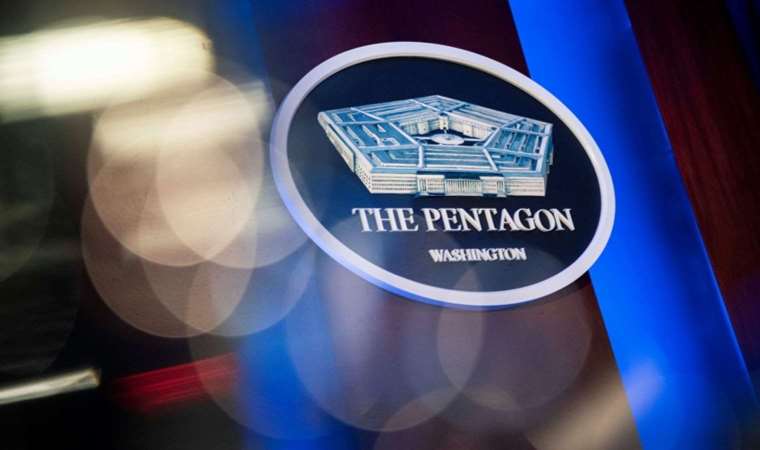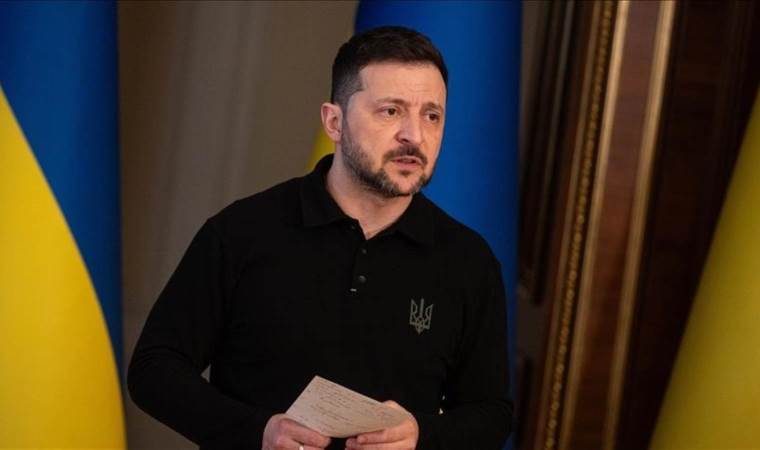Pentagon dDismisses reports of missile involvement in Prigozhin's plane crash as "Inaccurate"
The Pentagon categorically refuted the claims on Thursday that Yevgeny Prigozhin's private jet, affiliated with the Wagner Group, was downed near Moscow by a surface-to-air missile. Calling such reports "inaccurate," spokesperson Brig. Gen. Patrick Ryder communicated this stance to the press.

"We currently lack any substantiated information to corroborate the press reports that suggest the involvement of a surface-to-air missile in the plane's downing. Our assessment is that these claims are erroneous," Gen. Ryder stated during a briefing.
While the Pentagon believes it is "likely" that Prigozhin lost his life due to the crash of the Embraer business jet on Wednesday, Gen. Ryder abstained from speculating on whether the crash resulted from something planted on board. "I lack further insights on that matter," he commented.
"We are actively monitoring the situation. I'm unable to provide additional information about the circumstances leading to the airplane crash," he affirmed.
These statements ensued following multiple reports in the US media asserting the plane's downing by a surface-to-air missile. Alternative narratives suggest the possibility of an explosive device being concealed on the aircraft prior to its departure from Moscow en route to the Russian exclave of St. Petersburg.
According to Russia’s Federal Air Transport Agency, the crash of an Embraer-135 aircraft occurred in the Tver region, claiming the lives of all 10 passengers on board, including Prigozhin, his chief associate Dmitry Utkin, and other personnel associated with the Wagner Group.
Significantly, this tragedy unfolded precisely two months after Prigozhin led a foiled mutiny against the Russian military. This ambitious endeavor saw his forces advance on Moscow after seizing a vital military headquarters in southern Russia.
Most Read News
-
 China integrates AI into undergraduate studies
China integrates AI into undergraduate studies
-
 South Korea, US to hold trade talks this week
South Korea, US to hold trade talks this week
-
 Germany cuts economic growth forecast to stagnation for
Germany cuts economic growth forecast to stagnation for
-
 6.3 magnitude earthquake strikes off Indonesia’s Talaud
6.3 magnitude earthquake strikes off Indonesia’s Talaud
-
 Kremlin says Putin open to talks on civilian strikes mor
Kremlin says Putin open to talks on civilian strikes mor
-
 South Korean military holds live-fire drills near inter-
South Korean military holds live-fire drills near inter-
-
 Wife of former US Senator Menendez found guilty in bribe
Wife of former US Senator Menendez found guilty in bribe
-
 Harvard University sues Trump administration over fundin
Harvard University sues Trump administration over fundin
-
 Zelenskyy demands Russian clarity over strikes on civili
Zelenskyy demands Russian clarity over strikes on civili
-
 Pope Francis' funeral to take place on April 26, Vatican
Pope Francis' funeral to take place on April 26, Vatican










